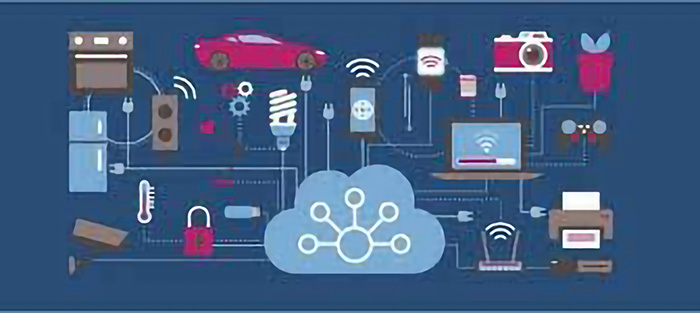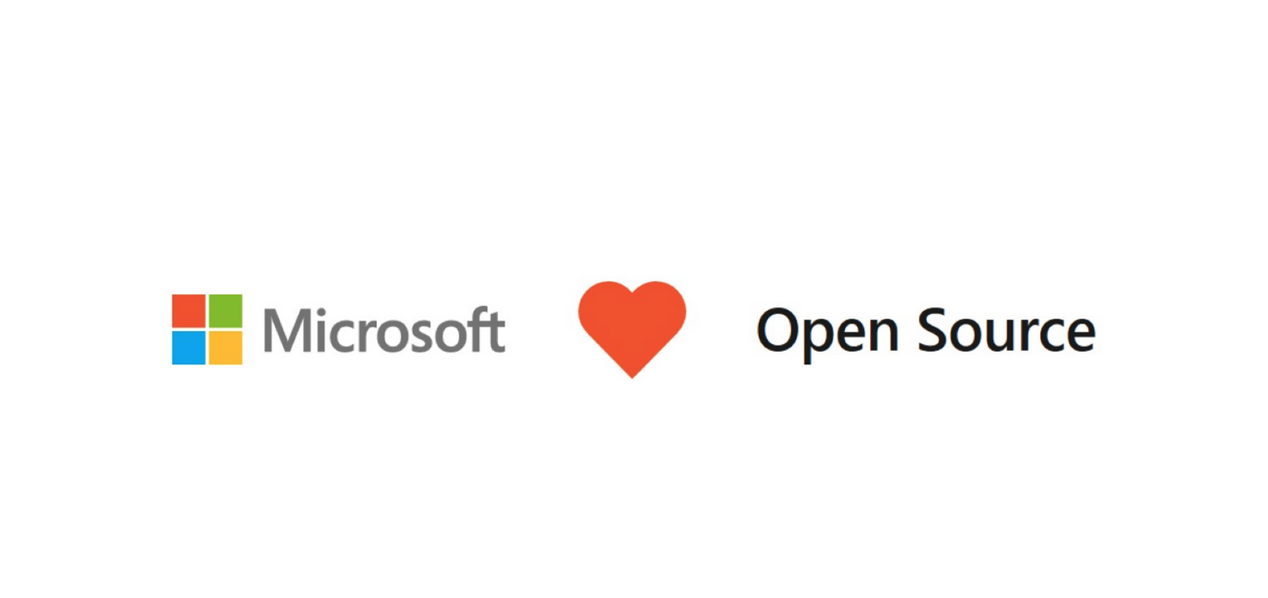The telecommunications industry – including mobile providers – are just beginning the long, potentially painful process of rediscovery and transition. Well, the ones who will succeed at least are.
Telcos are beginning to look around and see that their brand is eroding and looking around to the hosting and even cable industry to see what they’ve done to not just survive – but thrive.
This battleground lies not so much in 3G-4G vs. Wi-Fi networks nor unlimited data plans. And embracing Over-The-Top (OTT) players is only part of the solution against being reduced to merely pipeline. The fight worthwhile to take up is in launching relevant services for users that deliver a consistent and integrated experience via the relationships telcos already own: automated provisioning and personalized customer care. Leverage the strength that exists: built-in billing systems; exploit the weakness others (e.g. OTT) have: absence of personalized customer service.
Take cable providers, for example: they expanded into internet, and by extension, to the telephone. By doing so, not only do they own the infrastructure and the content delivery, but the bandwidth, data and communications. And that has served them well as the internet itself has begun to erode the content market and mobile carriers have begun to make the infrastructure itself less important.
Hosting companies have moved from simple access to advanced email systems, e-commerce and web site development applications and even integrating storage offerings. More and more the hosting market is seeing the addition of hybrid cloud services to maintain and expand their customer bases.
We are certainly beginning to see mobile carriers expand into all kinds of content – but often with a cost – the loss of their brand. Many have become the whitebox solution advanced phones need simply to carry their solutions – not a good position for customer loyalty.
But all is not lost.
One benefit from a sector in transition disrupted by new entries and convergence of technology is that the ground is fertile for innovation. If you are the pipeline, you need to add content. If you are the channel to user relationships, add personalized services. This may drive market consolidation, but the value-add to customers – and shareholders – will be enormous. A promising example is in the mobile sector where mobile applications are seeing revenue increases via tiered sales model: in-app selling, ad-supported apps or online selling of apps. Particularly in Asia, users are validating a ‘pay-to-own’ model (contrary to Apple) where mobile users can use an application on a daily, trial basis (e.g. 4 days) and are able to cancel prior to outright buying the app for $1.
And this is truly only the beginning. The real user and business drivers that will play a deciding factor in where the telecommunications (FMC, MVNO, MSO) sector stabilizes will come in how Facebook, Google and iCloud next big monetization of social plays out.
I think local telcos not only have great advantages but a strong voice that needs to be vocalized – current relationships, the infrastructure to transport data, cable infrastructure, established billing and known brands. Telcos are able to deliver the benefits of a cloud-based subscription model, but without the dependency of the Internet providing scalability but delivered over a secure, private, high availability network.
There are signs that share of mind and wallet are migrating to cloud and hybrid cloud models, but it is a ‘trusted cloud’ model that I believe will win out…all we need now is some standardization around data.




-png-2.png)
